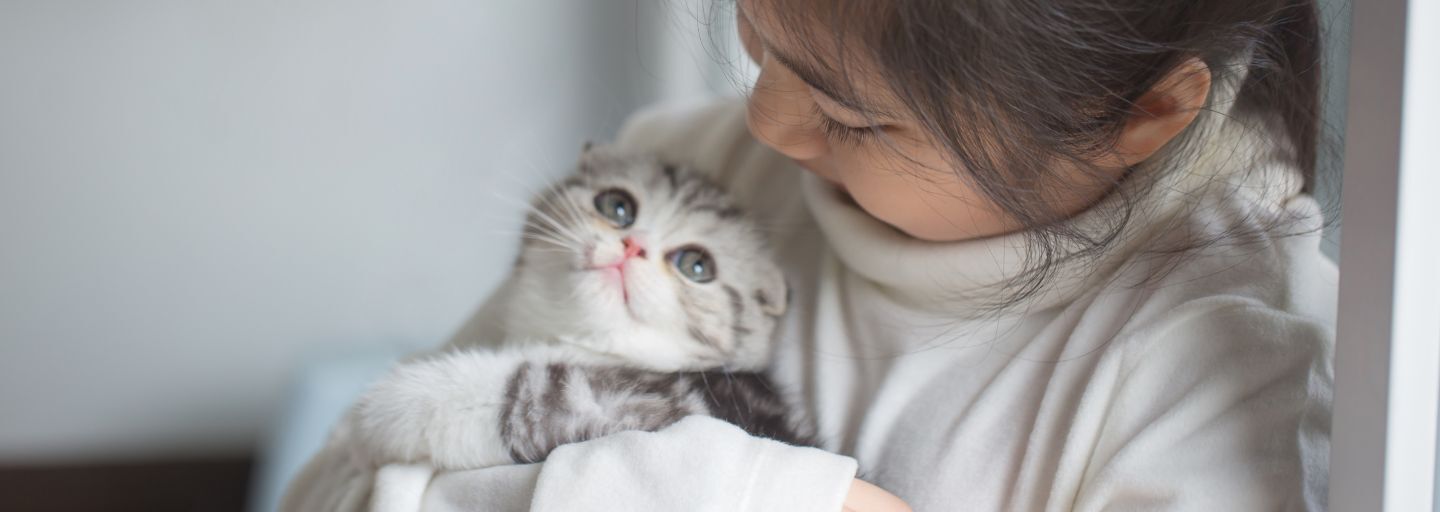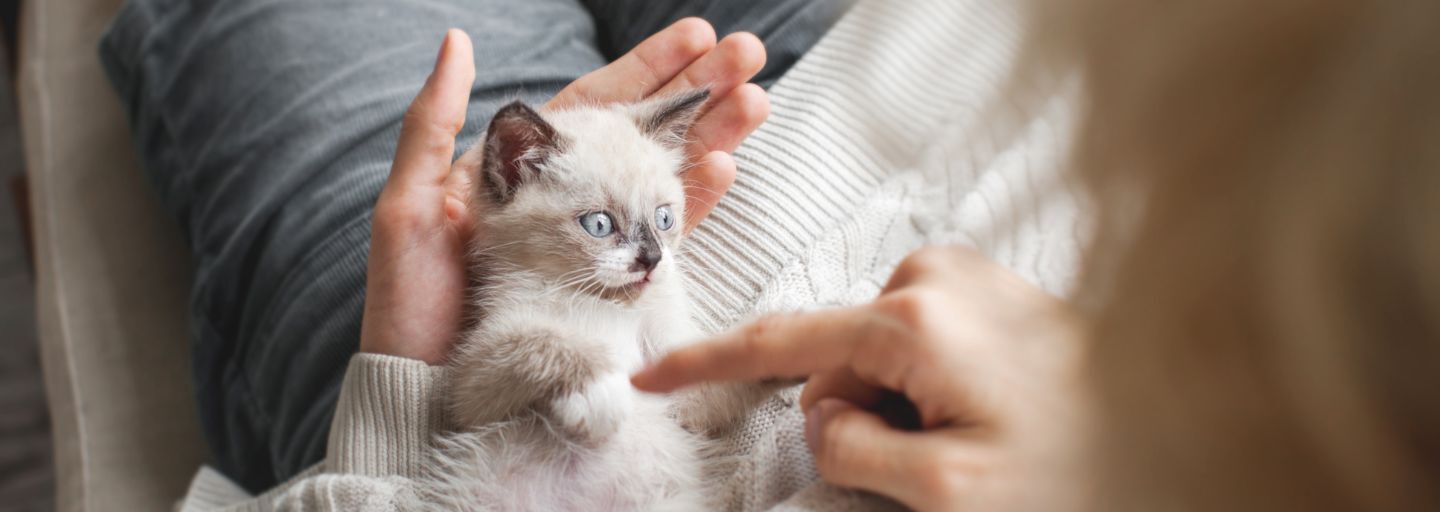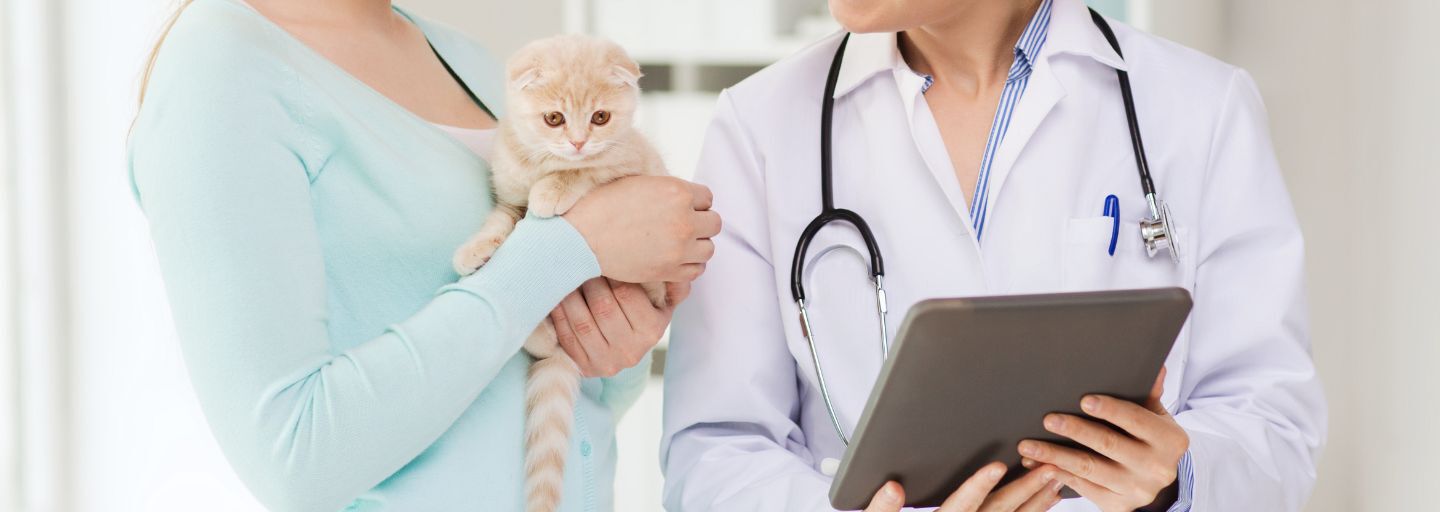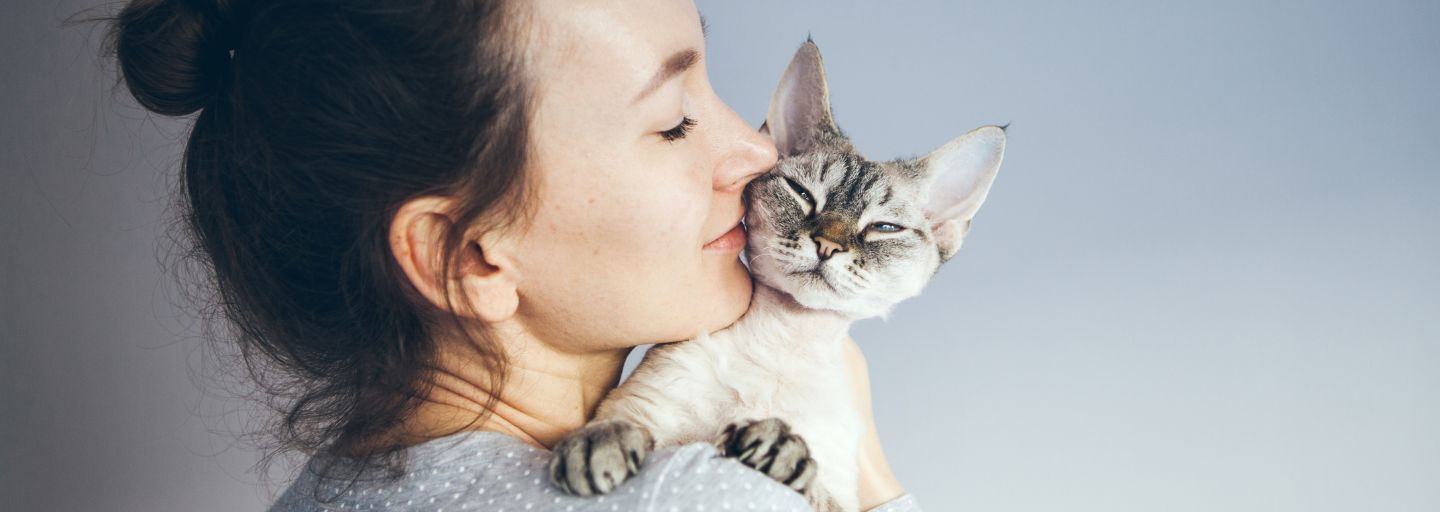Kittens are undeniably adorable, and one of the most exciting moments for cat owners is when their eyes open for the first time. The sight of those tiny eyes peering out can melt anyone's heart. But when exactly do kittens open their eyes?
On average, kittens begin to open their eyes when they are around one to two weeks old. However, it's important to note that this timeline can vary from kitten to kitten. Some may open their eyes as early as seven to ten days, while others may take a bit longer, up to two or even three weeks. Each kitten is unique, and their individual development can influence when they open their eyes.
Process of Opening Eyes
The process of kittens opening their eyes is a fascinating and gradual one. Here's a closer look at the stages involved in the development of their eyes:
- Closed Eyes at Birth: When kittens are born, their eyes are tightly closed, and they rely on their sense of touch and smell to navigate their world during their early days. This closure serves as a protective measure, shielding their delicate developing eyes from potential harm and allowing them to focus on essential growth and nursing.
- Initial Slit or Gap: Around one to two weeks of age, you may start to notice a small slit or gap in the corners of the kittens' eyes. This is the first sign that their eyes are beginning to open. The opening may appear as a thin line, and it can be exciting to catch a glimpse of their eyes for the first time.
- Gradual Opening: As the days progress, the opening of the kittens' eyes becomes wider. The initial slit transforms into a larger gap, allowing more light to enter their eyes. During this stage, you may observe their eyes partially open, revealing a hint of their eye colour.
- Developing Vision: When kittens first open their eyes, their vision is not fully developed. Their eyes may appear blue or greyish in colour, and they may have difficulty focusing. This is because the structures of their eyes, including the retina and lens, are still developing. Over time, their eyes will continue to change and mature, and their true eye colour will become more apparent.
- Eye Colour: The eye colour of kittens is determined by genetics and typically becomes more evident as they grow older. Initially, their eyes may appear blue, but this can change as they age. By around six to eight weeks of age, their permanent eye colour will usually become more apparent. It's important to note that some kittens may have eyes that remain blue, while others may develop green, yellow, or other eye colours.
As the kittens' eyes continue to open and their vision improves, you can gradually introduce gentle interactions. Spend time near the kittens, talking to them in a soothing voice, and allowing them to become familiar with your scent. This will help them develop positive associations with human interaction and socialisation.
When You Should Be Concerned About Your Newborn Kitten's Eyes
Here are some situations when you should be concerned about your newborn kitten's eyes:
- Delayed Eye Opening: While most kittens begin to open their eyes around one to two weeks of age, some may take a bit longer. However, if your kitten's eyes have not opened by three weeks of age, it's a cause for concern. Delayed eye opening could indicate an underlying issue with their eye development or health. In such cases, it's important to consult with a veterinarian for a thorough examination.
- Excessive Discharge: If you notice excessive discharge from your newborn kitten's eyes, it could be a sign of an eye infection or other problem. The discharge may appear watery, thick, or have a yellow or greenish colour. Additionally, if the discharge is accompanied by redness, swelling, or signs of discomfort, it's crucial to seek veterinary attention promptly. Eye infections can be serious and may require medical treatment to prevent complications.
- Cloudiness or Opacity: Newborn kittens' eyes should appear clear and bright as they begin to open. If you notice cloudiness, opacity, or a hazy appearance in their eyes, it could indicate an issue with their eye health. Cloudiness can be a sign of infection, inflammation, or other underlying conditions. Consulting with a veterinarian is essential to determine the cause and appropriate treatment.
- Redness or Swelling: Redness or swelling around the eyes of newborn kittens can be a sign of inflammation or infection. It may be accompanied by discharge, discomfort, or changes in behaviour. These symptoms should not be ignored, as they can indicate a serious problem that requires veterinary attention. Prompt diagnosis and treatment are important to prevent further complications and discomfort for the kitten.
- Changes in Behaviour or Appetite: If you notice any changes in your newborn kitten's behaviour or appetite, along with abnormal eye symptoms, it could be a sign of a more systemic issue. Kittens with eye problems may become lethargic, lose their appetite, or exhibit signs of pain or discomfort. These changes should be taken seriously, and a veterinarian should be consulted as soon as possible.
- Congenital Abnormalities: In some cases, newborn kittens may be born with congenital abnormalities affecting their eyes. These abnormalities can range from eyelid malformations to structural defects within the eye. If you observe any unusual features or abnormalities in your kitten's eyes, it's important to have them evaluated by a veterinarian. Early detection and appropriate management can help ensure the best possible outcome for the kitten's eye health.
Consult with a Veterinarian
If you have any concerns about the health of your newborn kitten's eyes, it's always best to consult with a veterinarian. They can provide a thorough examination, diagnose any issues, and recommend appropriate treatment if necessary. Early intervention is crucial in preventing complications and ensuring the well-being of your kitten. Remember, it's always better to err on the side of caution and consult with a professional to ensure the well-being of your furry friend.







